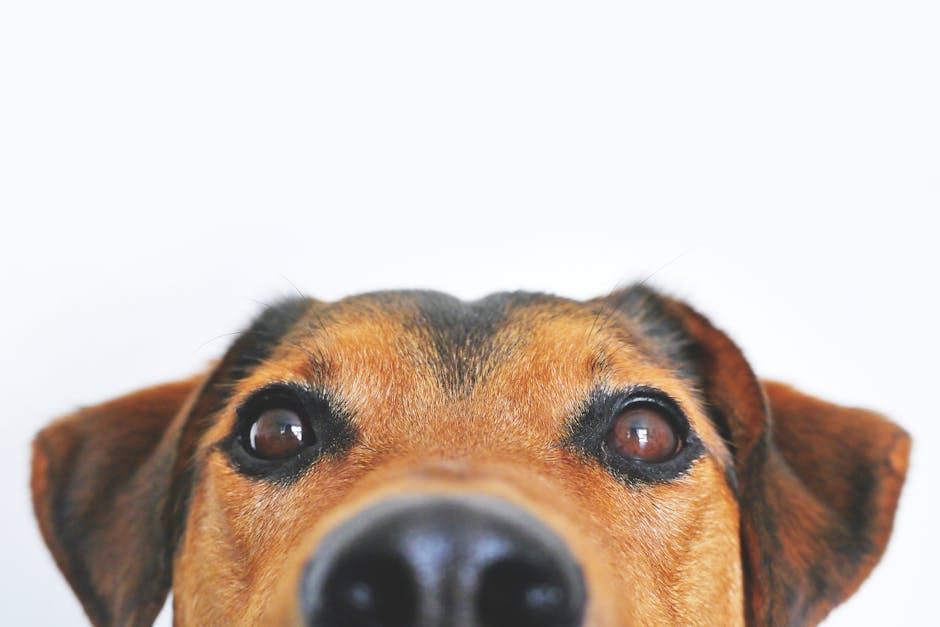As a first-time dog owner, I was overwhelmed by the vast array of training methods available. From clicker training to positive reinforcement, I was eager to find the best approach for my furry companion. Through trial and error, I've learned valuable lessons that have transformed my dog from a mischievous pup into a well-behaved and happy canine.
**Consistency is Key**
Consistency is the cornerstone of successful dog training. Establish clear rules and boundaries and stick to them, even when it's inconvenient. Your dog will learn what is expected of them and develop a sense of security knowing what to expect.
**Positive Reinforcement**
Positive reinforcement is a powerful tool that rewards desired behaviors. When your dog exhibits good behavior, reward them with treats, praise, or playtime. This will encourage them to repeat the behavior in the future.
**Avoid Punishment**
Punishment can damage your bond with your dog and create fear or aggression. Instead of punishing, focus on redirecting your dog's attention to acceptable behaviors. If they are chewing on furniture, offer them a chew toy instead.
**Patience and Persistence**
Dog training requires patience and persistence. It takes time for dogs to learn and develop good habits. Stay consistent, reward desired behaviors, and don't give up if you don't see immediate results.
**Professional Help**
If you're struggling to train your dog on your own, don't hesitate to seek professional help. Certified dog trainers can assess your dog's behavior, develop a personalized training plan, and provide guidance throughout the process.
**Socialization**
Socialization is crucial for dogs to develop proper social skills. Expose your dog to different people, animals, and environments to help them become well-rounded and comfortable in various situations.
**Training Tools**
Various training tools can aid in dog training. Leashes, collars, clickers, and treats can help establish communication and control. Use these tools appropriately and consistently.
**Understanding Your Dog's Needs**
Lastly, understanding your dog's needs is essential. Each dog is unique, with different personalities and learning styles. Tailor your training methods to suit your dog's individual needs for optimal results.
